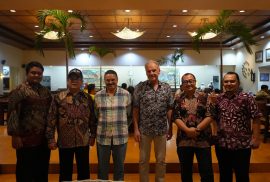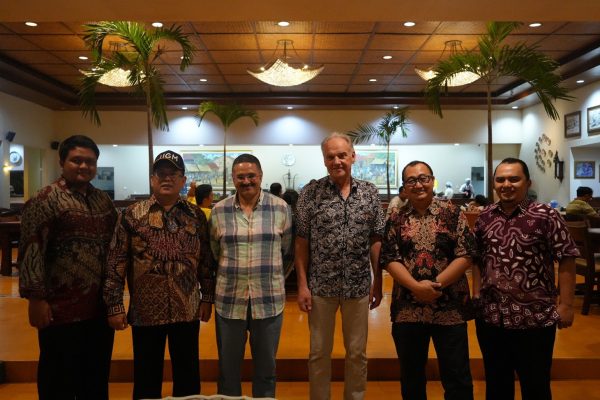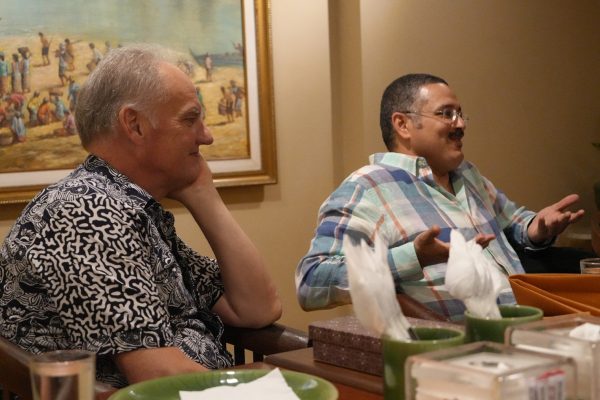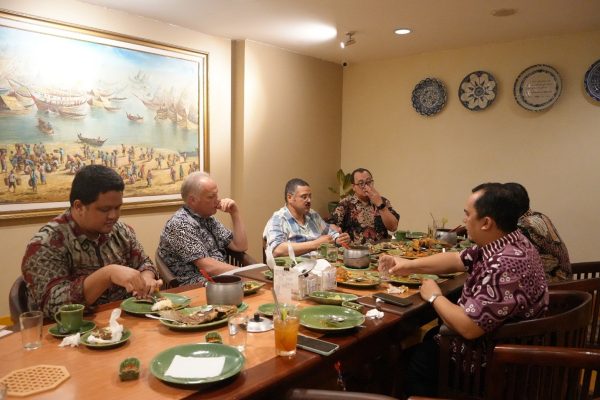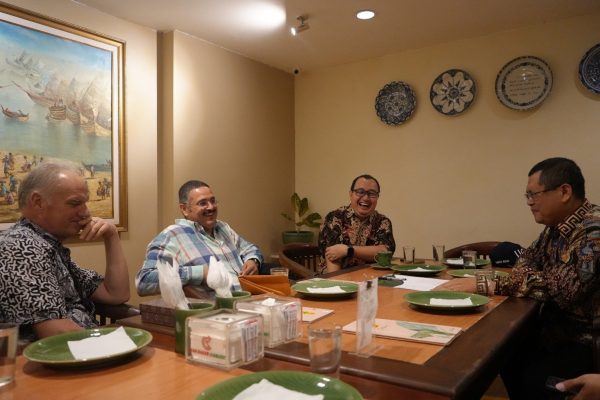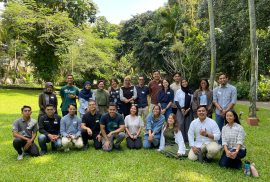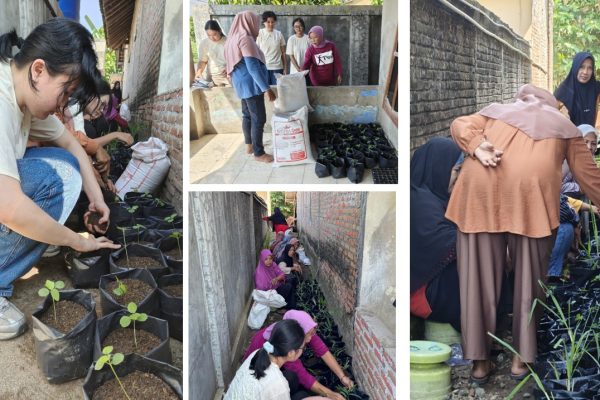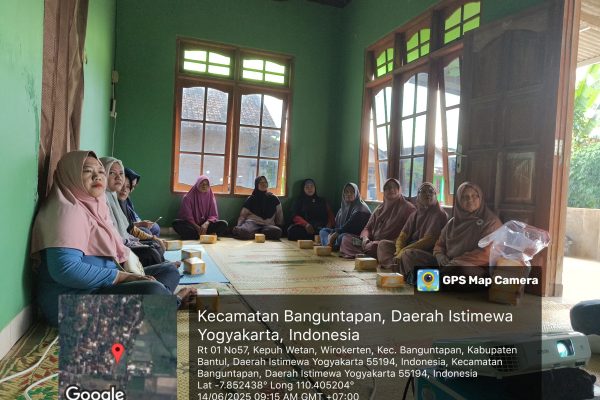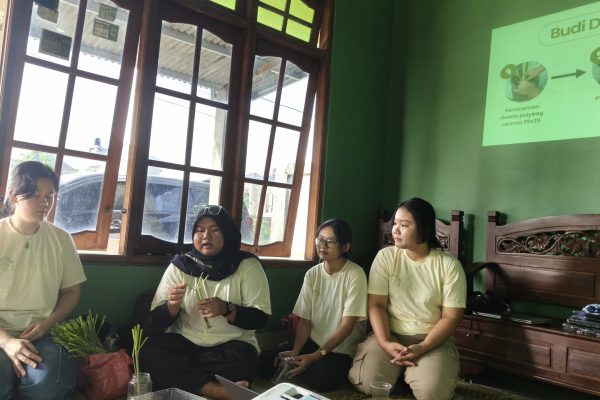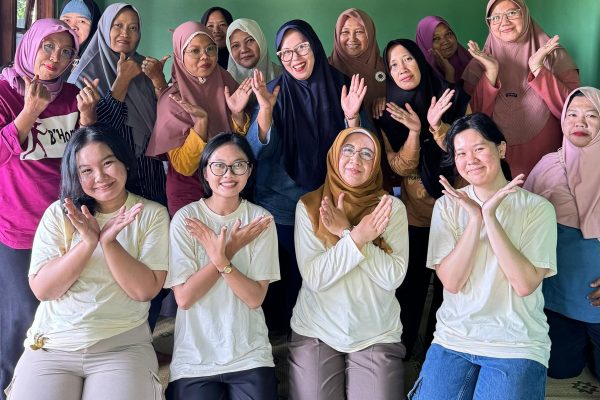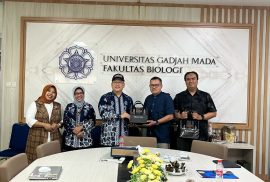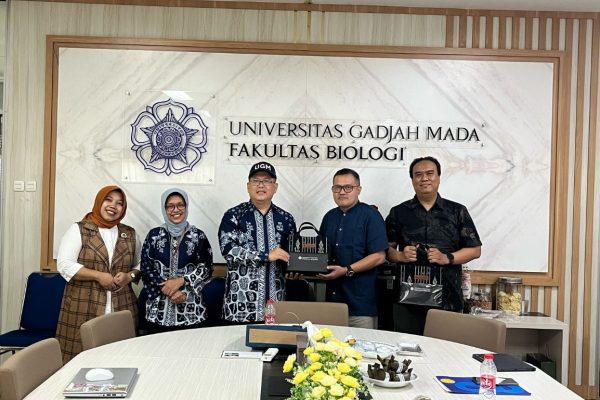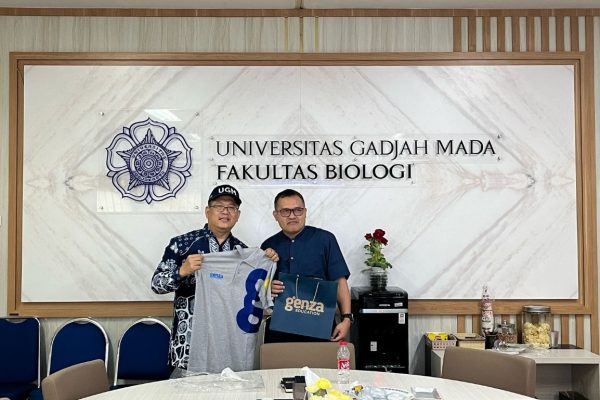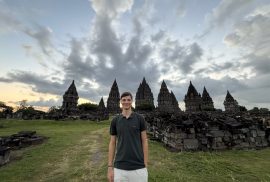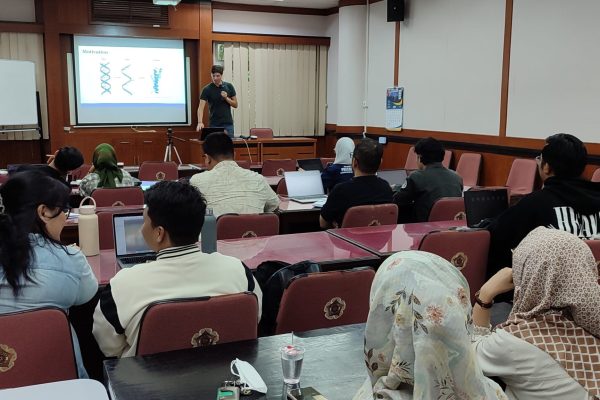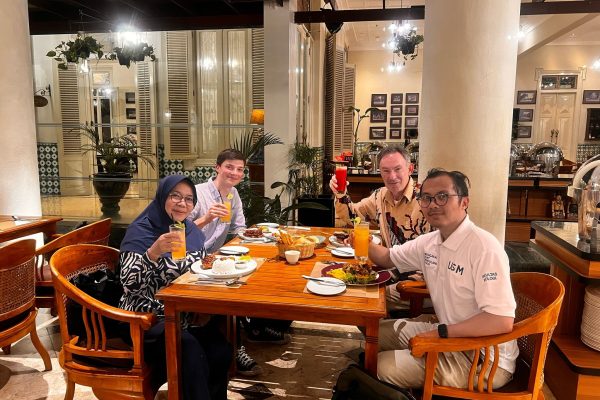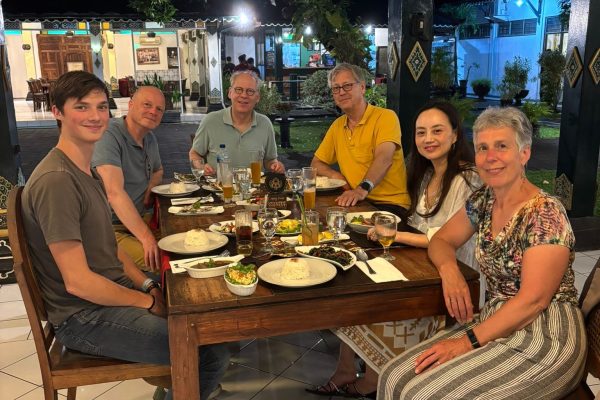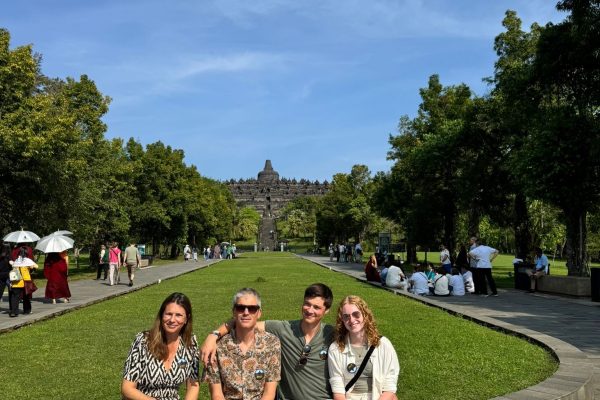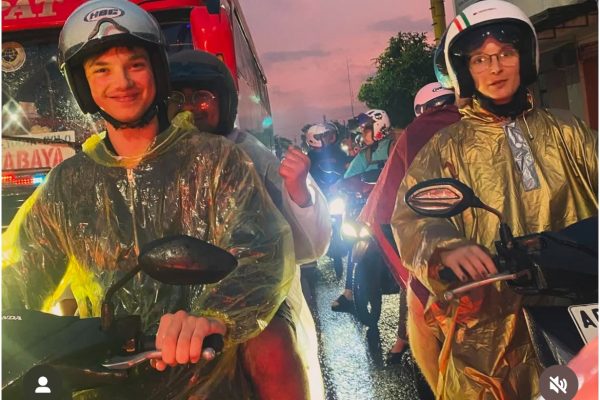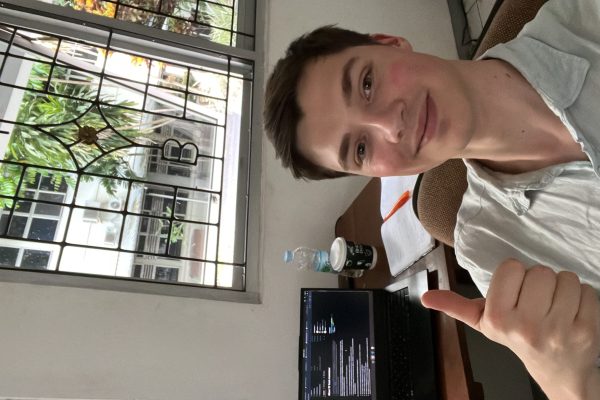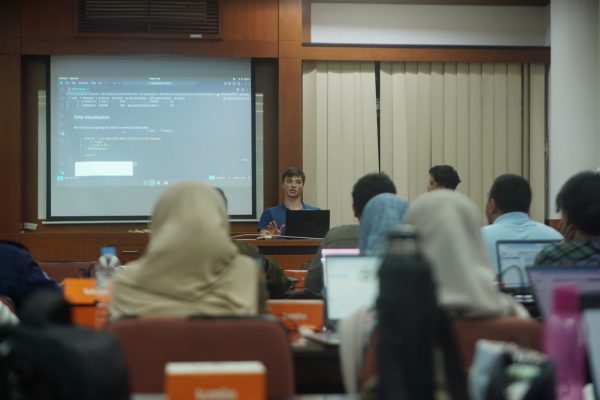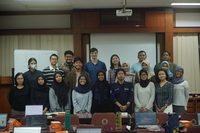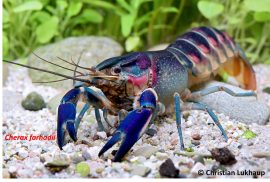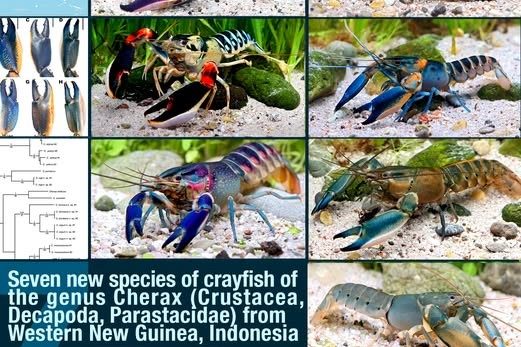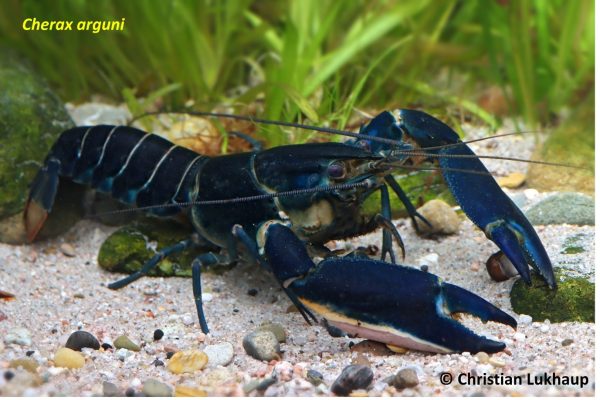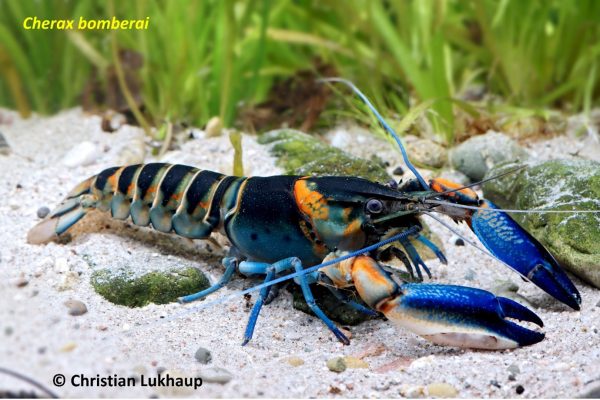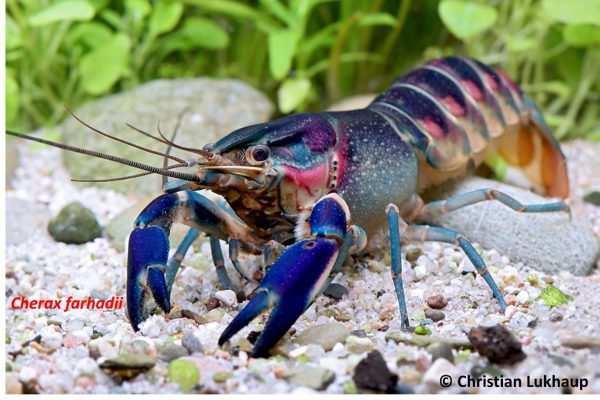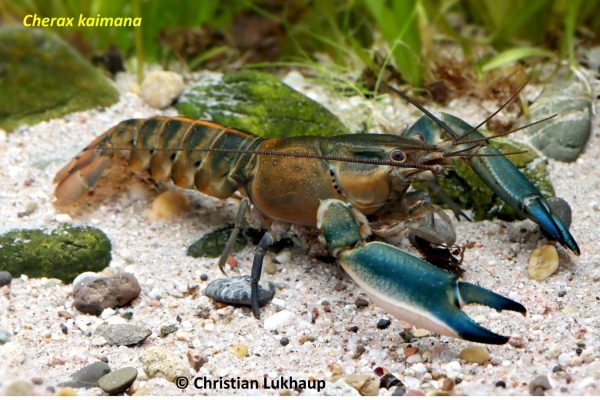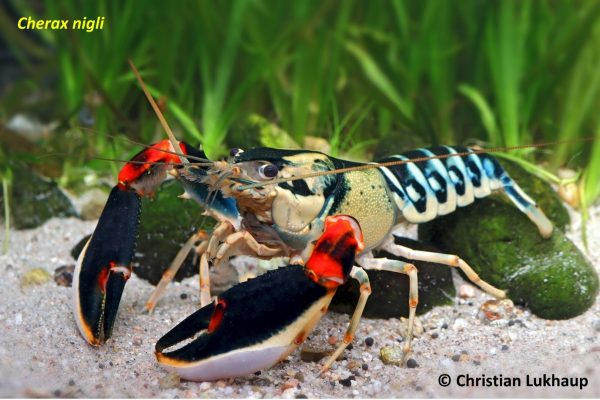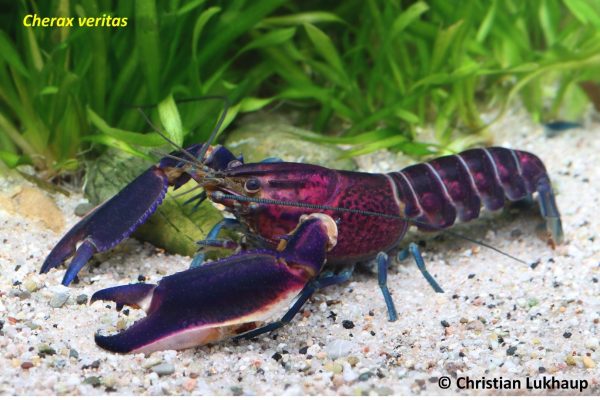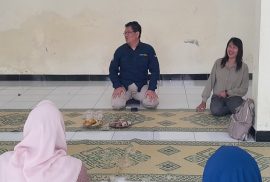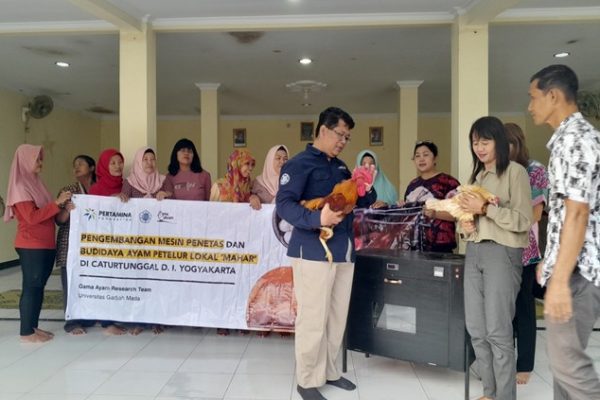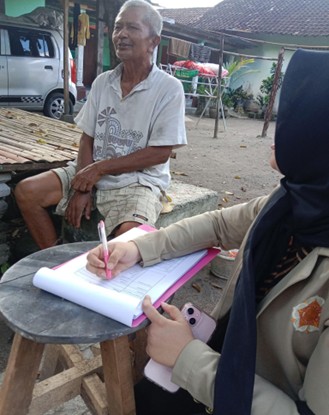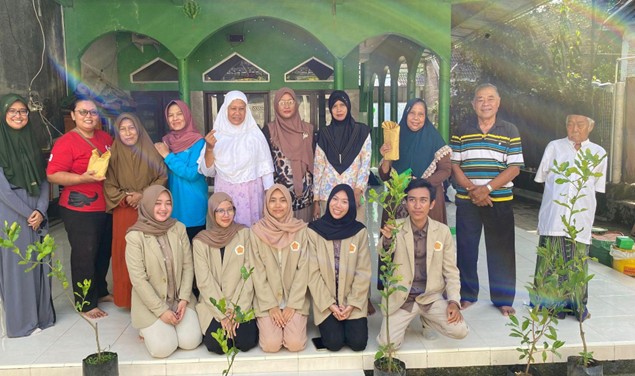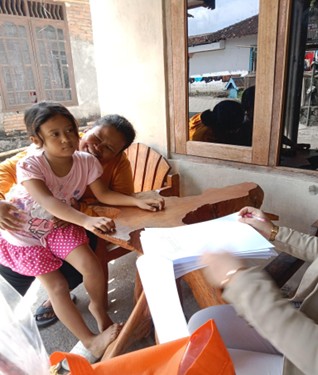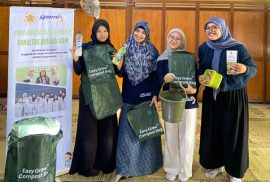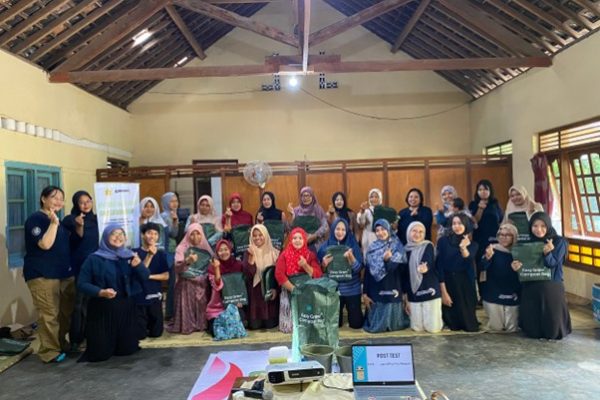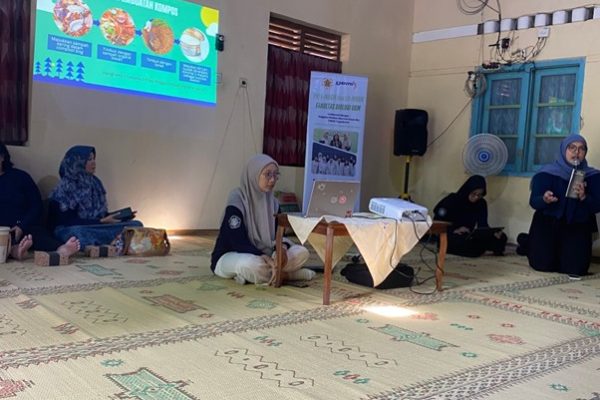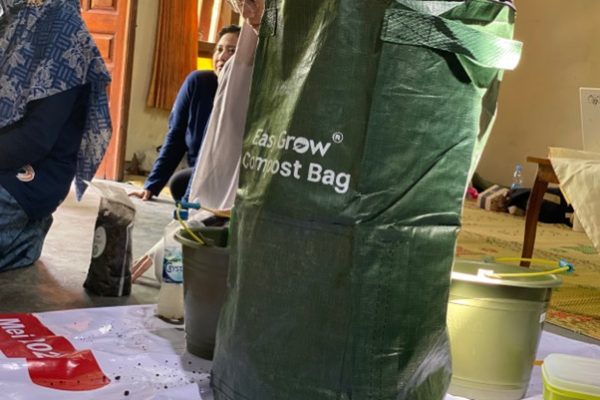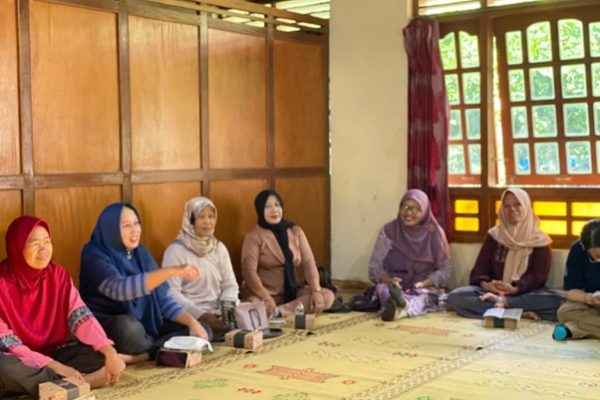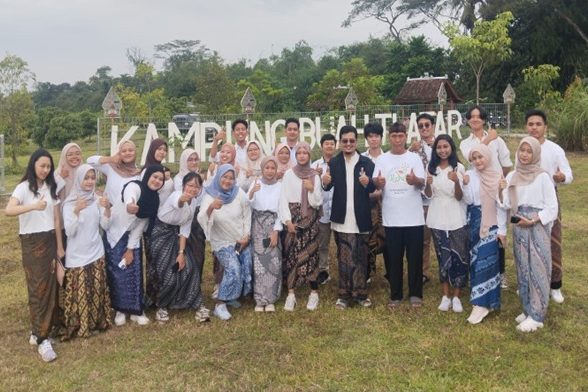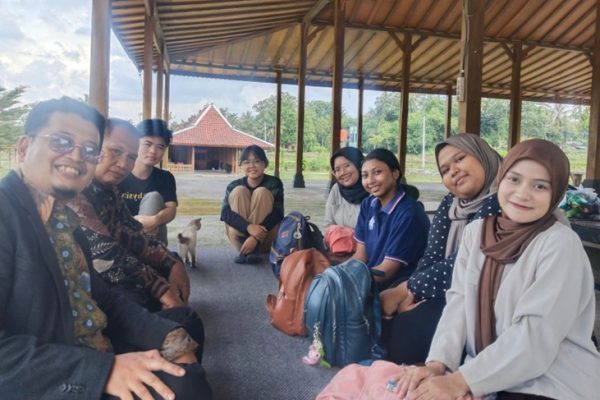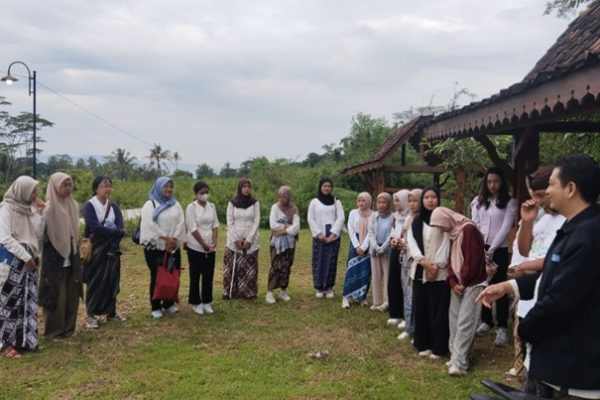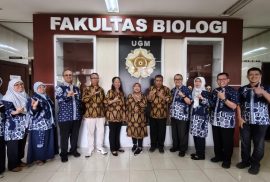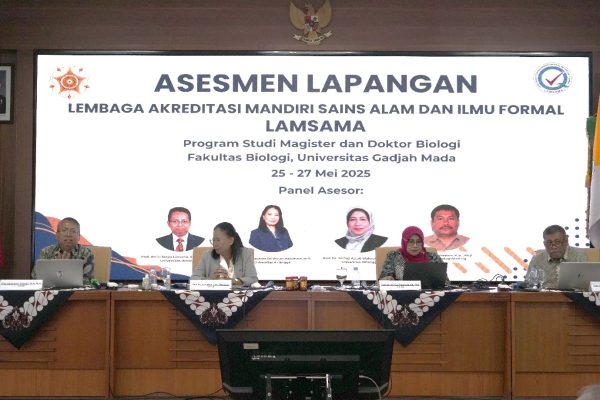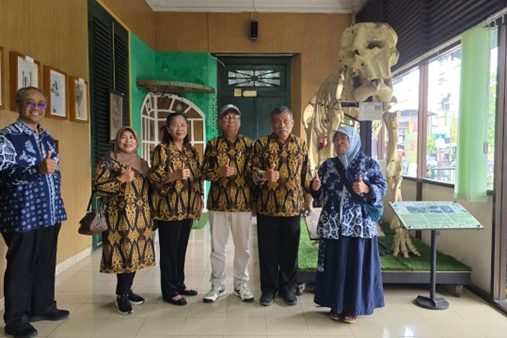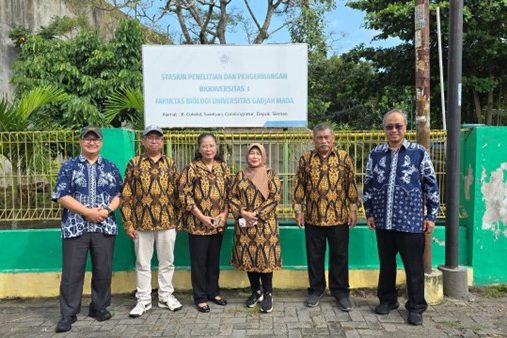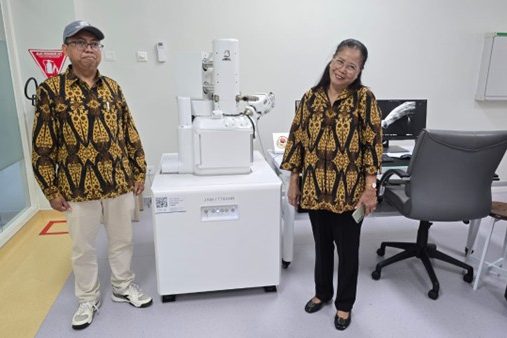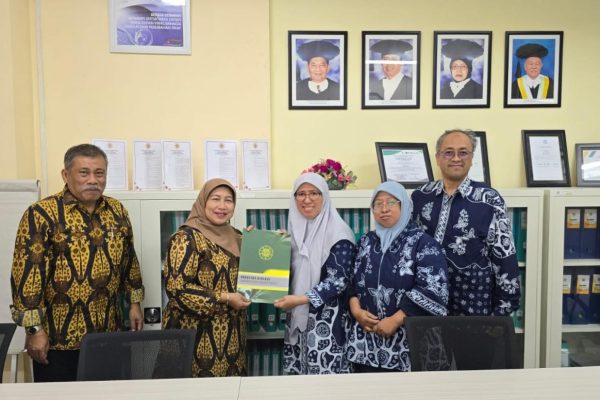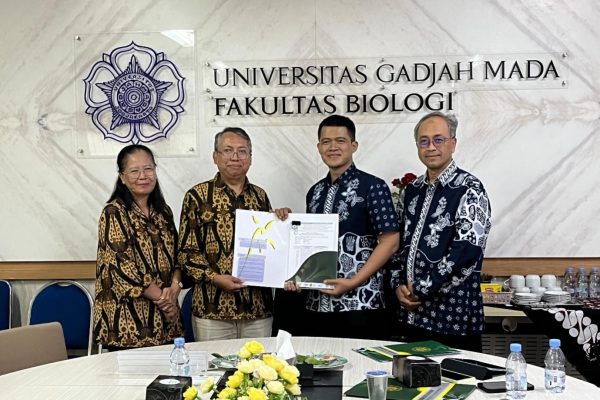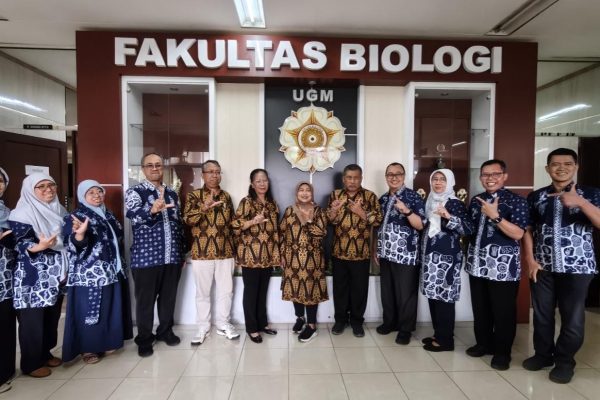SDG 3 : Establish Good Health and Well-Being
“Papua holds the greatest diversity of freshwater crayfish in the world, yet many species remain scientifically undescribed,” said Rury Eprilurahman.
“Our goal is to help establish a valid taxonomic foundation while promoting the protection of these increasingly vulnerable species,” he added.
New Species from Papua’s Hidden Rivers
The seven newly described species originate from various remote regions of West Papua:
- Cherax veritas — Misool Island, Raja Ampat
- Cherax arguni and Cherax kaimana — northern Kaimana district
- Cherax nigli — southern Kaimana
- Cherax bomberai — Fakfak
- Cherax farhadii and Cherax doberai — Teluk Bintuni region
“These species can be clearly distinguished from each other, both morphologically and genetically,” the researchers wrote in their publication.
DNA Reveals Unique Lineages
To further validate their discoveries, the team performed mitochondrial DNA analyses using the 16S rRNA gene fragment.
Results revealed that the seven new species represent genetically distinct lineages, supporting their classification as separate species.
“This is crucial, as some species may look deceptively similar. Without molecular analysis, we risk misinterpreting their evolutionary relationships,” Eprilurahman explained.
By combining classical morphology with molecular systematics, the researchers ensured a scientifically sound and responsible approach to species identification.
Aquarium Trade as a Starting Point
Intriguingly, some of the initial specimens were obtained through the aquarium trade.
“Many of these species first appeared in the aquarium hobby market in Europe or Jakarta,” Rury noted.
“From there, we traced their origins and collaborated with local contacts in Papua to confirm the natural habitats.”
While not ideal, the aquarium trade occasionally provides an early clue to the existence of undescribed species.
Nevertheless, Rury emphasized that all field sampling and data collection were conducted ethically and following conservation permits.
Vital for Conservation Efforts
This discovery is significant not only for taxonomy but also for conservation.
West Papua is a global hotspot for freshwater biodiversity, yet its ecosystems face mounting threats from deforestation, mining activities, infrastructure development, and illegal wildlife trade.
By enhancing the region’s species inventory, the findings will contribute to more targeted and effective conservation planning.
“If we don’t even know which species are present, how can we protect them?” Rury asked.
“With this knowledge, we can push for more sustainable management of freshwater habitats.”
Much More Yet to Be Discovered
While seven new species have now been formally described, the researchers believe Papua’s Cherax diversity is still vastly underexplored.
“Papua is incredibly vast. There are countless rivers, lakes, and cave systems that remain unexplored,” Rury said.
“I’m confident we will continue to discover new species in the future.”
The same team has previously described other species, including:
- Cherax warsamsonicus (2017)
- Cherax alyciae and Cherax mosessalossa (2018)
- Cherax wagenknechtae (2022)
- Cherax rayko and Cherax phing (2024)
This highlights Papua’s status as a global hotspot for freshwater crayfish diversity.
Continuing the Legacy of Holthuis
Since Holthuis pioneered the study of the world’s freshwater crayfish in the mid-20th century, modern tools like Next Generation Sequencing (NGS) and advances in molecular systematics now offer unprecedented insights.
But fieldwork remains irreplaceable.
“There is no substitute for direct exploration in nature,” Rury emphasized.
“Papua still holds many mysteries, and we have only scratched the surface.”
Through a combination of field exploration, global collaboration, and rigorous science, today’s researchers — following in the footsteps of L.B. Holthuis — continue to unveil new chapters in our understanding of Indonesia’s extraordinary freshwater biodiversity.
Reference:
Lukhaup C., Eprilurahman R., von Rintelen T. (2025). Seven New Species of Crayfish of the Genus Cherax (Crustacea, Decapoda, Parastacidae) from Western New Guinea, Indonesia Arthropoda 3(2):10. https://www.mdpi.com/2813-3323/3/2/10
Authors:
Ardaning Nuriliani, Chelsy Ammara Septiani, Syifa Aneira, Meinawa Amaliah, Nimas Ayu Pramesthi, Muhammad Fathin Setya Daffa

